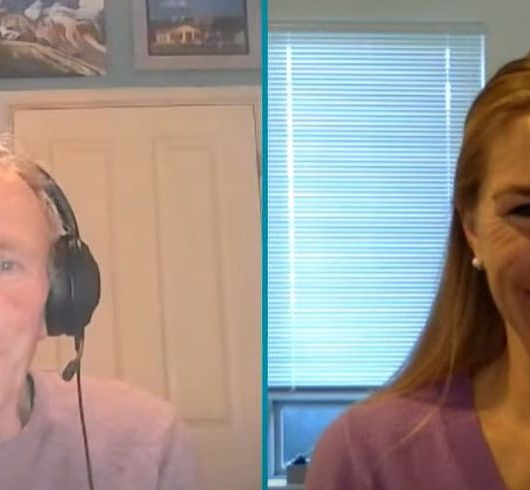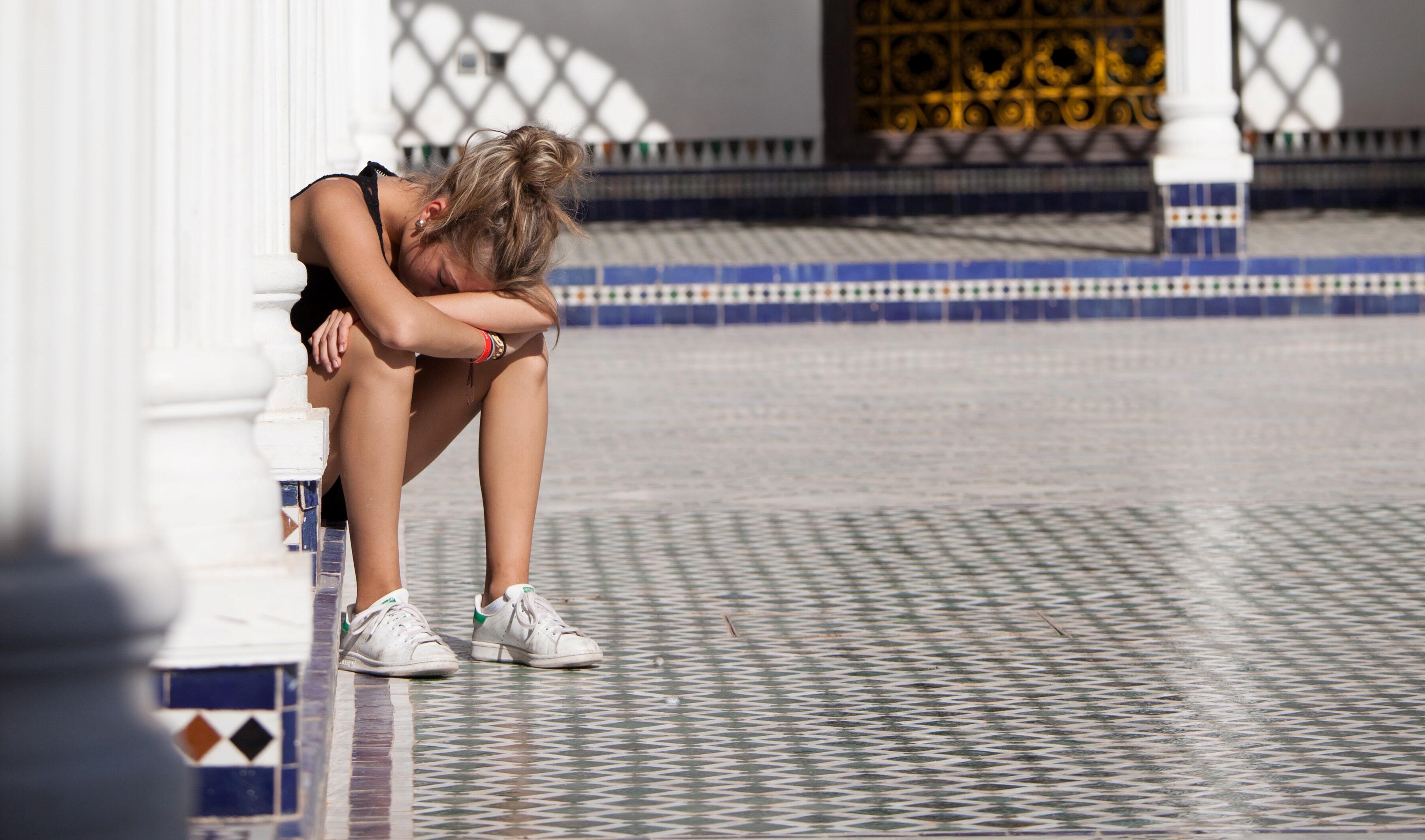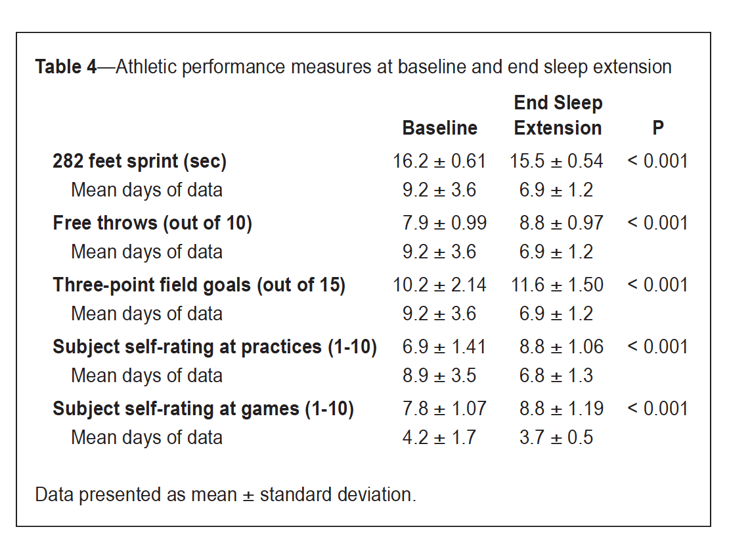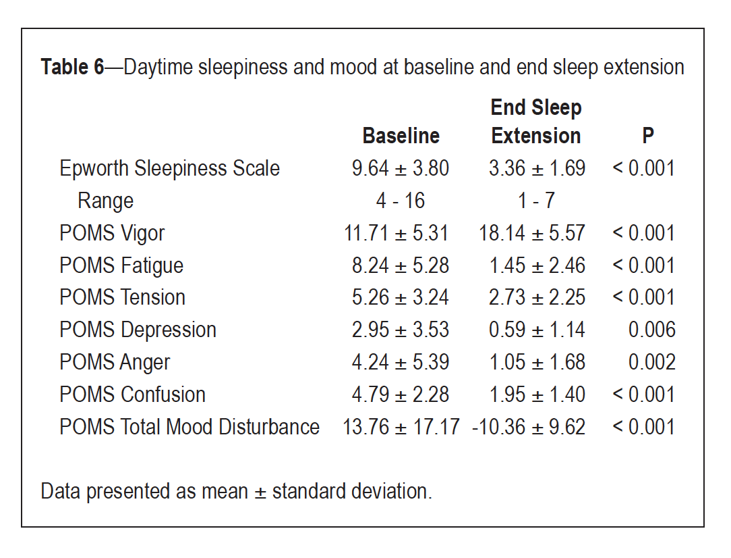Athletes’ sleep is responsible for recovery and adaptation to their training. The quantity and quality of sleep for athletes are two specific variables that will directly impact physical performance and risk of injury.
Poor sleep is directly linked to cognitive performance, recovery, metabolism, weight control, and mental health (1).
The focus for many athletes is often on individual performance and competitive results but the importance of sleep for athletes extends to health as well. Poor sleep puts you at greater risk for heart disease, stroke, Type 2 diabetes as well as affecting glucose metabolism (2).
Athletes in all sports are placing greater demands on the minds and bodies. It is generally accepted that they need to fuel their body properly to meet the caloric demands of their sport. It stands to reason that the amount of sleep for athletes may be greater as well.
Two key questions we aim to answer in this blog article are:
How much sleep do athletes need?
Why is sleep important for athletes?
Sleep and Athletic Performance
So, why is sleep important for athletes?
Maximizing athletic performance requires a complete approach to training. High quality execution is expected in practice and competition. To perform at your best you must place as much importance on your sleep as you do on the meters rowed, splits on the monitor, and sets/reps in the gym.
A study with Stanford University Men’s Basketball was set up to track the relationship between sleep and athletic performance (3).
The study was conducted over two NCAA seasons and included 11 members of the team. The athletes maintained their normal sleep/wake patterns for a two-to-four week baseline period during the NCAA basketball season. The basketball players then increased their sleep duration for five-to-seven weeks. Their goal was to obtain as much sleep as possible with a minimum goal of ten hours per night.
The basketball players were encouraged to maintain the same sleep-wake routine during the baseline and sleep extension periods as well as to take naps. This presented unique challenges when the team would travel to compete and thus there would be fluctuations in their sleep-wake cycles. Napping was encouraged to offset a reduction in total nighttime sleep if they achieved less than ten hours. The players slept alone in their rooms unless during a travel period where they shared a room with a teammate.
The results showed significant improvement in the following variables:
- Sleep duration
- Athletic performance
- Reaction time
- Daytime sleepiness
- Mood measures
Table 4 – Attributed to Mah, et al.
The athletes improved in both shooting percentage and a faster sprint time between the baseline and sleep extension periods. Sleeping a minimum of ten hours per night clearly benefited their on-the-court performance.
This study was the first at the time to objectively record the difference in performance outcomes for athletes.
So How Much Sleep Do Athletes Need?
In the Stanford study the basketball players had to sleep for a minimum of ten hours per night. If this number was not met, naps were encouraged to offset the deficit. This brings us to the following questions: “How much sleep do athletes need, and, is 8 hours of sleep enough?”
The evidence from the basketball players suggests athletes need much more sleep than the general population. Athletes should be getting a minimum of eight hours but preferably much more and strive to consistently sleep nine to ten hours per night. Implement naps to offset the difference.
The other key takeaway from this study was that the athletes acknowledged that they underestimated the amount of sleep they needed to perform at their best both mentally and physically.
The athletes also completed the ‘Profile of Mood State’ (POMS) on a weekly basis.
Table 6 – Attributed to Mah, et al.
Sleep affects athletic performance and mental performance as well. Table 6 clearly shows that the athletes mental well-being was in a healthier state after the sleep extension period.
Improving Your Sleep
Improving your sleep duration and quality will have a direct impact on performance and well-being.
The following are some recommendations to improve sleep for athletes (4, 5, 6, 7):
- Maintain a consistent routine for the times you wake up and go to sleep each day.
- Establish a nighttime routine that allows you to relax and prepares your mind/body for sleep.
- Taking a hot shower before bed will help you drop your body temperature more quickly and allow you to fall asleep quicker.
- Identify an optimal temperature to sleep at (ideally 60-67 degrees Fahrenheit).
- Limit caffeine intake in the afternoon and evening.
- Create an evening cut-off time for technology (television, smartphone) to limit blue light exposure.
Here are a few additional measures I can speak to from my own personal experience. First, do not have a large meal before bed. I’ve found that this disturbs the sleep cycle. I try to eat no later than 6-7pm in the evening to give my body plenty of time to begin the digestion process before I go to sleep. Second, the temperature of the room and the bed is key. I usually am very hot and would often wake up in the night sweating or sticking a limb out from the covers to try and cool my body down.
I’ve been using the Chilipad since August. This piece of equipment provides a mattress topper that circulates water at your preferred temperature (55-110 degrees Fahrenheit). I’ve noticed a marked increase in my sleep quantity and quality. I am no longer waking up multiple times throughout the night.
How athletes should optimise their rest before a big game
Athletes’ sleep should be a priority throughout their training. Ideally this is something that is part of one’s daily routine.
Sleep debt, feelings of sleepiness during the day, high fatigue during a heavy training block can be offset by naps during the day. This was evidenced in the Stanford basketball study. This is the best way to try and accumulate more rest before competition.
If a nap is not realistic during your daytime schedule then focus on elements that are within your control. Drink plenty of water to make sure you are properly hydrated. Avoid meals that are greasy and heavy. This type of meal would promote going to sleep which you want to avoid during a game day situation. Finally, an extended warm up or light exercise earlier in the day prior to your event may help you wake up and mitigate the poor night’s sleep (8).
Conclusion
Athletes of any sport are putting greater demands on their mind, body, and health. Adaptation to the training program and performance in competition is directly related to your ability to recover. Sleep is the best way to do that.
Sleep and performance are directly linked. Athletes should prioritize getting nine to ten hours of sleep per night to perform at their best. Naps can be taken during the daytime to offset a night time deficit as well.
Athletes should identify what temperature of the room allows them to get the best quality sleep and establish a nighttime routine to wind down from the day and relax. Write these down in a journal and track your experience over time. This will allow you to re-create these conditions when you are on the road travelling for competition.
Good and extended sleep is clearly very important to athletes. It increases physical performance levels and improves mental wellbeing. Think about how you could improve your health with an improved sleep pattern.
References
[1] Dinges DF., Pack F., & Williams, K., et al. (1997). Cumulative sleepiness, mood disturbance, and psychomotor vigilance performance decrements during a week of sleep restricted to 4-5 hours per night. Sleep;20:267-77
[2] Leech, J. (2020). 10 Reasons Why Good Sleep Is Important. Healthline Website. Accessed October 2020.
[3] Mah, C., Mah, K., Kezirian, E., & Dement, W. (2011). The Effects of Sleep Extension on the Athletic Performance of Collegiate Basketball Players. Sleep;34
[4] Fullagar, H., Skorski, S., Duffield R., Hammes, D. Coutts AJ., & Meyer, T. (2015). Sleep and athletic performance: the effects of sleep loss on exercise performance, and physiological and cognitive responses to exercise. Sports Medicine. 45(2): 161-186
[5] Paruthi, S., Brooks LJ., & D’Ambrosio C., et al. (2016). Recommended amount of sleep for pediatric population: a consensus statement of the American Academy of Sleep Medicine. Journal of Clinical Sleep Medicine. 12(6):785-786
[6] Tarokh L., Saletin JM., & Carkskadon MA., (2016). Sleep in adolescence: physiology, cognition, and mental health. Neuroscience Biobehavior Review. 70:182-188
[7] Brand S., & Kirov R., (2011). Sleep and its importance in adolescence and in common adolescent somatic and psychiatric conditions. International Journal General Medicine. 4:425-442
[8] Newlands, M., (2016). Didn’t Sleep Much Last Night? 10 Ways to Function Today. Entrepreneur Website. Accessed October 2020.
View more content like this

Meghan Musnicki (USA) | Double Olympic Champion US Rower joins Martin Cross LIVE
Martin Cross speaks with US Olympic Champion Rower, Meghan Musnicki! Meghan discusses topics including: -Her training -Her early career going from basketball to rowing -Learning from the greats of
Rebecca Scown - Double World Champion Rower, Double Olympic Medallist from New Zealand in Crossy's Corner
Martin Cross speaks with US Olympic Champion Rower, Meghan Musnicki! Meghan discusses topics including: -Her training -Her early career going from basketball to rowing -Learning from the greats of
Jonny Searle, Barcelona Olympics Coxed Pair Champion (with his Brother) interviewed in Crossy's Corner
Martin Cross speaks with US Olympic Champion Rower, Meghan Musnicki! Meghan discusses topics including: -Her training -Her early career going from basketball to rowing -Learning from the greats of





